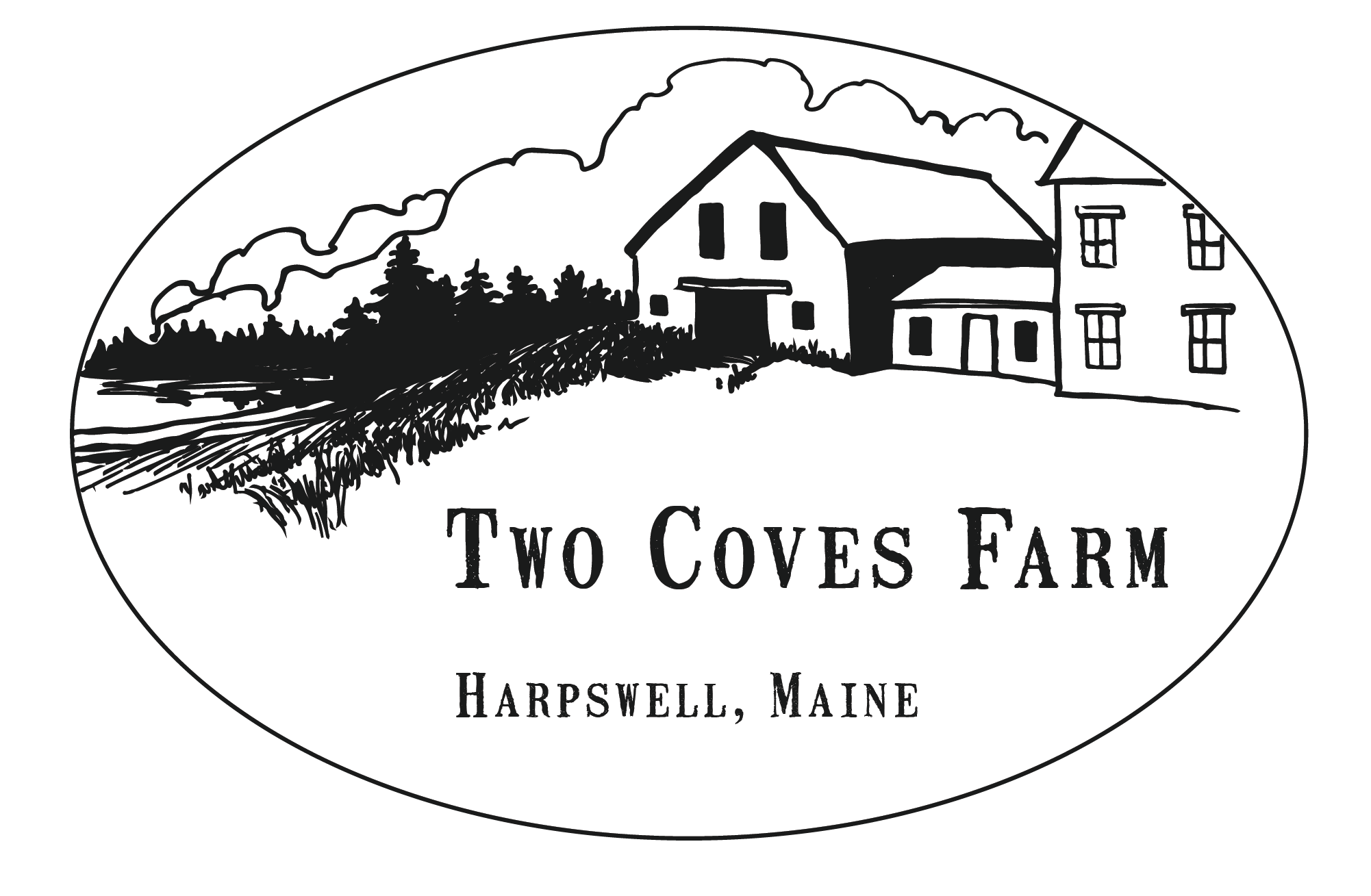That's Expensive!
I have been preparing our materials for the 2013 season, we are working this year on closing the gap between the end of one season and the beginning of the next. If we have learned anything thus far it's that our seasons blend and overlap, much of what we will sell in 2013 is already here on the farm.... eating, drinking, and needing time and attention.
Its been amazing this week to feel that shift and change from one season to the next, in the weather, on the farm, and in the office. Time peels back a bit outside... less light, colder, less to do... and expands in the house. Time next to wood stove, in the kitchen, and in the office is available at long last. Trying to make the most of it is the trick.
I love this shift and appreciate the chance to "plug in" to where the business is at and where we are going. Things are "contained" a bit more... animals in the barn, equipment slowly being put away for winter, etc. We start to have conversations about the year gone by, what went well, what we need to change, etc. I think more than anything we always want (doesn't everyone) to build on what we are doing well and to fix what we are doing less than well. Inevitably the conversation about prices comes up, this is a conversation that is in my head more than anywhere but its going on, all the time.
I thought this year it would be a good exercise if I were to lay out some specifics about a couple of our products so that our prices live in a context and have rational and logic behind them. I don't want anyone to think that we grab this stuff out of thin air. But lets be honest here, I am doing this mostly for myself... so that I can have something in print to look at when I think to myself: "Man, that's expensive!"
Lets start with Turkeys:
A. Because Thanksgiving is just passed and they are on my mind.
B. Because lots of people buy turkeys for thanksgiving and have some sort of reference point. We sell ours for $5 / lb. They were on sale up the road from us for $1.39 / lb. I have seen them at "the grocery store" for $.89 / lb.
C. Because they are a good example of the differences between raising something on pasture using organic feed and....not.
Take a look:

A couple words of explanation to be sure things are clear. First and foremost this is a "low ball" estimate regarding time. In other words these time estimates assume smooth sailing and no complications. You can easily start to add the hours at any sign of illness, injury, equipment failure, or extreme weather (Sandy!!).
That said: I visit the turkeys 3 times a day minimum. Chores in the morning, chores in the afternoon, then predator control at dusk. Chores, at a minimum, take 15 minutes on each end of the day. Food, water, move the cages and look over the birds morning and afternoon... so there is a half hour. Again that is a "low ball", why I am being generous and optimistic in this analysis is anyone's guess. I add ten minutes at night to close the cages, wrap them in electric fence, and make sure no turkeys have decided to roost on top of their cages. I assume that I will move the turkey fence at least every third day (with some exceptions) so that amounts to 10 times a month, so that is where the 17.5 hours comes from.
You can immediately see why raising 20 turkeys is not a very effective way to pay myself... even with low ball estimates and assuming smooth sailing I would make less than $12 /hr. Not sure I know of any other professionals that earn such a wage. And while things improve when you boost the scale of an operation like ours (doubling turkey production would increase chore time a bit but not significantly) I think it is still reasonable to shoot for making between $30 and $40 / hr as a hard working professional producing a product of high quality. Think for a moment about the fees we pay to have our car or our house or our teeth worked on.... should those who produce our food be paid any less?
But still I fall into our cultural trap of flipping this equation on its head.... Turkey at $5 is just plain expensive.... right? Well, COMPARED TO WHAT? Part of the problem is that our conversation as a culture around food is about getting it cheap... Look again at how much my pay improves when I scale the operation up... now imagine the mechanized operations that care little about anything else but efficiency... that's how we get turkey at under a dollar a pound.
Labor is the key when it comes to farming in a way that is ecological and long term in thinking. What you need to move the animals around, raise them in an unpredictable environment (outside!), and tend to their needs without drugs and hormones is labor. Labor and the knowledge that comes form experience and time on the job.
Tomorrow I'll lay out the details on our beef operation, one I think we have pretty well figured and smooth running at this point.
